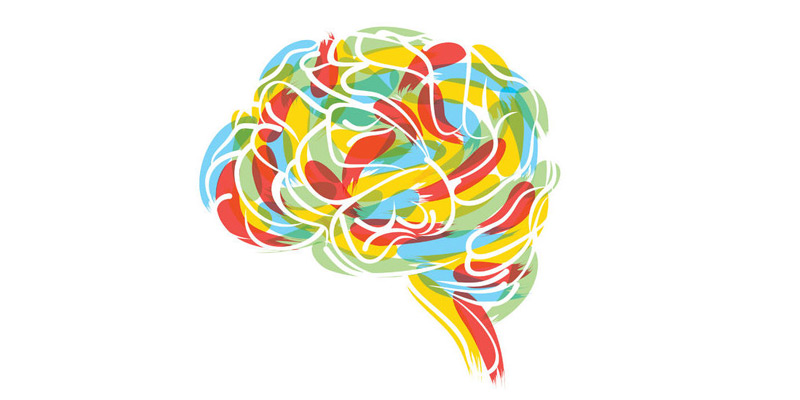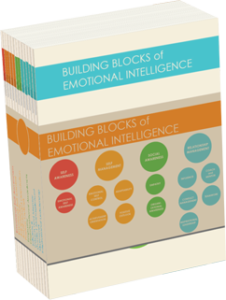by Matthew Lippincott, previously published by Key Step Media on February 7, 2018 and LinkedIn by Daniel Goleman
During my study of the relationship between mindfulness and leader effectiveness, 100% of the leaders I interviewed (all having months or years of prior mindfulness training and practice) linked mindfulness to improvement in their personal and professional lives. The majority described this as being significant, often using terms such as “profound,” or “life-changing.” My previous articles on EI draw from this research, exploring the way mindfulness influences each of the 12 Emotional Intelligence competencies, based on interviews with organizational leaders from around the world.
My findings ultimately reveal the following:
Mindfulness influences changes to awareness and behavior that, in turn, play key roles in producing favorable workplace outcomes.
Improved Mental Performance and More Effective Behavior
One of these changes, improved mental performance, was described by participants as having a positive, overarching effect on functions such as decision-making, susceptibility to distractions, and attention. This is not surprising since mindfulness is sometimes defined as meta-awareness, including our ability to non-judgmentally observe where our attention is and is not focused.
This capability can become a “real-time” skill set, taking the form of simultaneous observation of our interaction with others, and our internal reactions to that activity. The leaders I interviewed described this level of awareness, reporting that it provided them with a degree of “mental clarity.” Below are the specific benefits described, and the percentage of participants who reported experiencing them:
- Ability to identify signs of potential conflict (in time to take corrective action) – 90%
- Capacity to more effectively navigate organizational relationships – 88%
- Improved ability to recognize emotional reactions in themselves and others – 86%
- Increased attentiveness and patience with others – 74%
- More productive responses to the emotional states of others – 100%
- Recognition of the negative influence of stress and anxiety – 88%
- Openness to new ideas and input from others – 90%
Descriptions of these benefits were provided in the context of how mindfulness helped leaders gain new information about themselves, others, and their workplace culture. This information was then incorporated into their efforts to improve the effectiveness of their interactions with others. As the graphic below illustrates, leaders described an upward spiral of improvement. New insight about self and others fed back into additional, positive changes to beliefs and awareness, which paved the way for more effective behavior.


